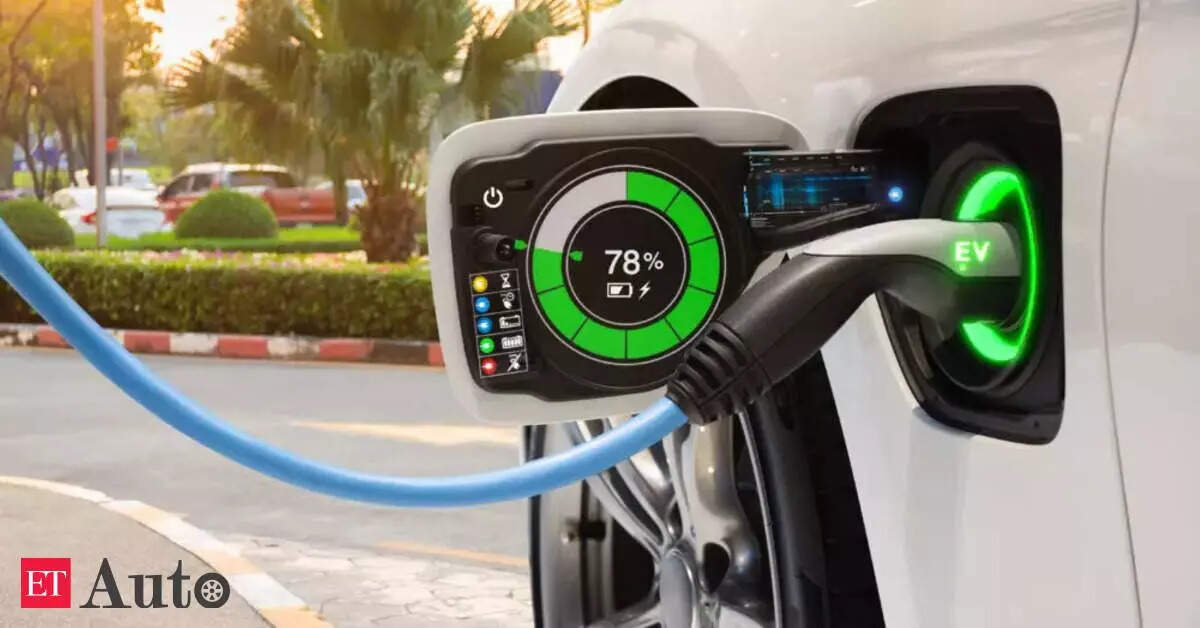
The government has initiated a probe into import of components by electric two-wheeler makers following allegations of wrongly claimed subsidies under a programme that seeks to promote domestic manufacturing and use of non-polluting vehicles.
Officials privy to the development said the Centre is also examining legal options to recover the wrongly claimed subsidies.
“The Directorate of Revenue Intelligence (DRI) has flagged issues with the implementation of the FAME scheme to the ministry of heavy industries…They have initiated a probe into the imports,” a senior government official said, adding that the investigation covers import of electric vehicle (EV) components and likely customs duty evasion. EV makers have denied the allegation.
Under the Rs 10,000-crore Faster Adoption and Manufacturing of (hybrid and) Electric Vehicles in India (FAME India) scheme, EV makers can offer a discount of up to 40 per cent on the cost of locally manufactured vehicles and claim it as a subsidy from the government. This allows firms to make EVs affordable and boost sales.
There are 64 EV manufacturers registered under the scheme.
In 2022, the ministry had received complaints that some EV manufacturers were wrongly claiming subsidy as they were using imported equipment instead of those produced locally.
The ministry, subsequently, decided to stop disbursing subsidies to electric two-wheeler makers till the matter was investigated. It has already begun an exercise to ascertain the quantum of subsidy used by these manufacturers without adhering to the degree of localisation required under the FAME scheme. The ministry could lodge a formal complaint with the law enforcement agencies to look into the issue, the official cited earlier said.
EV makers say non-compliance, if any, is with regard to the phased manufacturing programme (PMP), and that it’s not a matter of pilferage of funds.
The Society of Manufacturers of Electric Vehicles (SMEV) issued a statement saying the violation of guidelines is a point of conflict between the heavy industries ministry and the EV companies.
The first leg of FAME was launched in 2015 to promote manufacturing and sustainable growth of electric and hybrid vehicle technology. FAME-1 was initially launched for two years beginning April 1, 2015, and then extended till March 31, 2019.
The second phase of the programme, or FAME-II, is being implemented for five years from April 1, 2019.
According to official data, sales of EVs under the FAME scheme have significantly increased over the years. In the current fiscal till December 9, 2022, 443,000 EVs were sold in the country under FAME-II. Overall, about 747,000 vehicles have been sold under the scheme.
Also Read:
